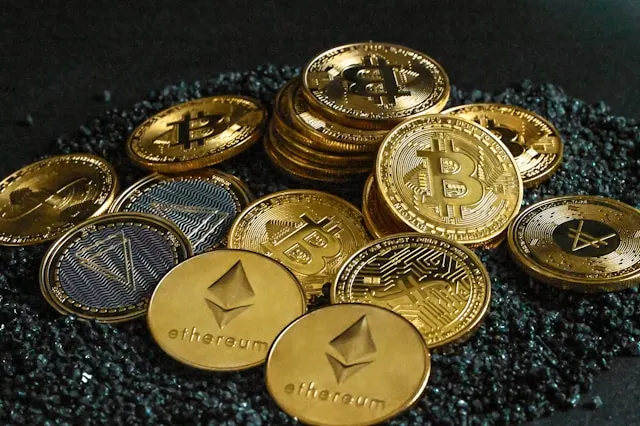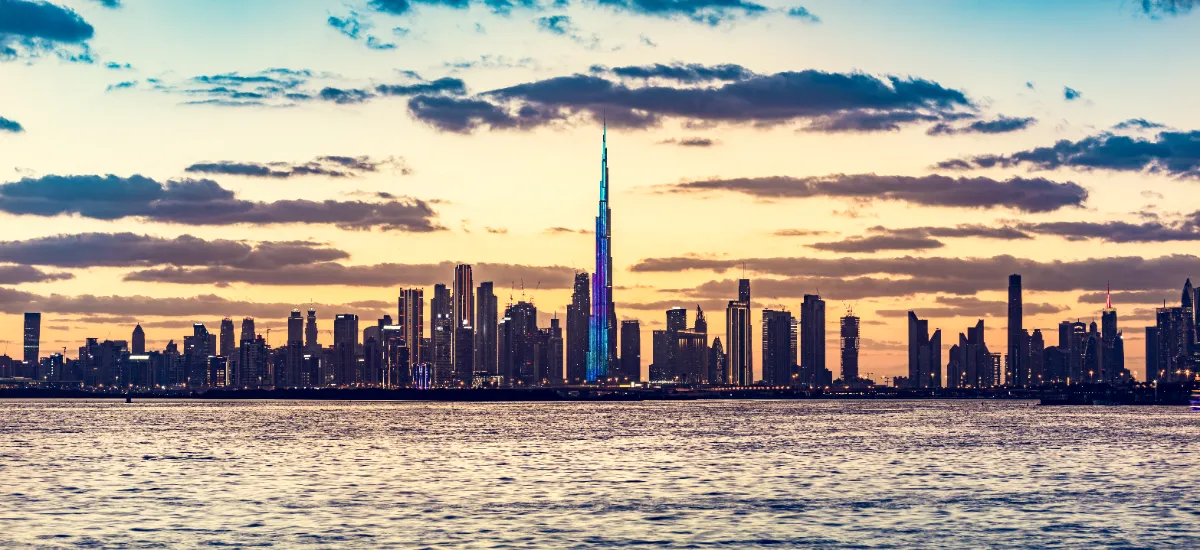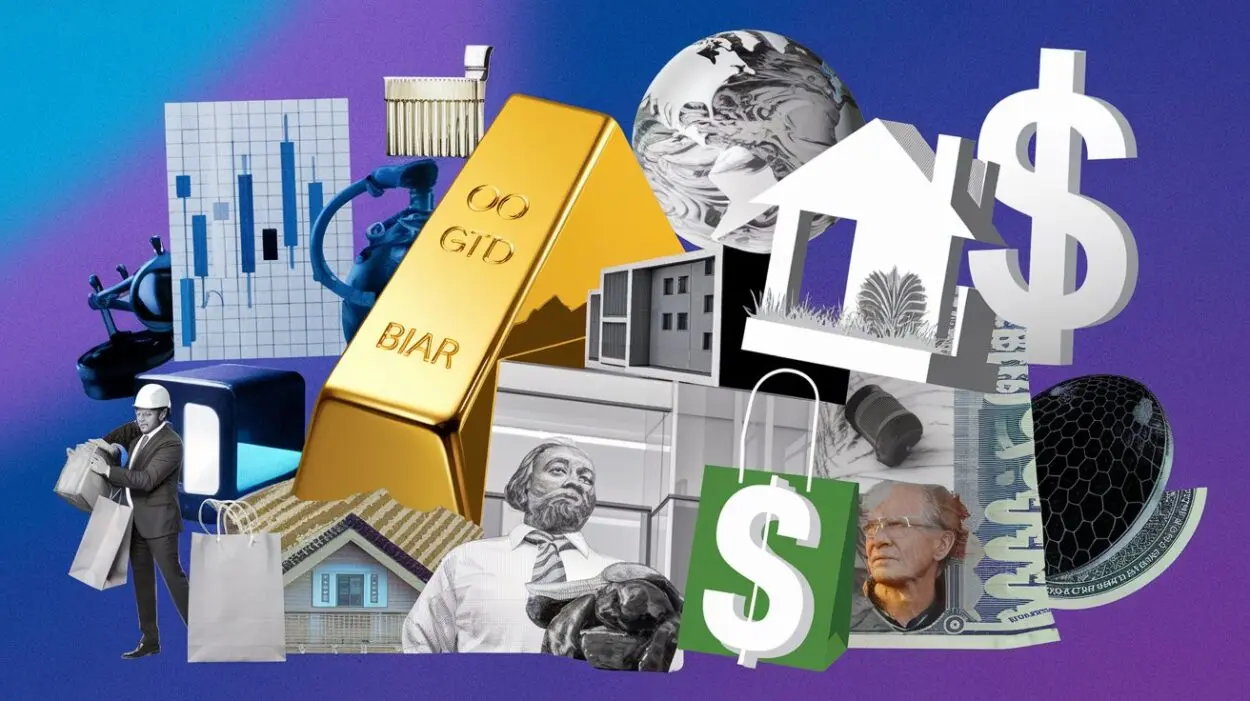Where to invest as a Dubai Resident?
Where to invest as a Dubai Resident? most residents in Dubai simply don’t know where to invest. Many lack a clear understanding of the diverse investment options available locally and globally from the UAE.
Dubai has rapidly become one of the most dynamic cities in the world — a true global hub for innovation, business, and wealth creation. Over the past decade, we’ve witnessed remarkable economic growth and a wave of investors arriving to benefit from this upward trajectory.
Yet, despite all the opportunities, there’s a major challenge: most residents in Dubai simply don’t know where to invest.
Many lack a clear understanding of the diverse investment options available locally and globally from the UAE. As a result, they often default to real estate — and in some cases, local stock markets — without a broader wealth strategy or risk framework.
This narrow focus leaves tremendous potential untapped.
In this article, I’ll explore the key investment opportunities available to Dubai residents, customized by risk tolerance, financial goals, and life stage. Whether you’re a conservative saver, a balanced investor, or an ambitious wealth builder, Dubai offers multiple paths to grow and protect your capital — far beyond just property.
So, let’s dive in.
Investment Opportunities Available for Dubai Residents
In today’s modern financial world, there are countless investment opportunities to consider. However, before choosing where to invest, the first step is to understand the markets themselves.
According to the CFA Institute framework, global investments can be broadly divided into distinct market types, each with its own risk, liquidity, and return characteristics.
As I also explained in my book “The Wealth Seeker”, every investment opportunity falls into two main categories:
1. Traditional Investments
Traditional markets are the foundation of the global financial system — mature, regulated, and widely recognized by investors worldwide. Together, they represent more than $300 trillion in total global valuation.
The most common traditional investments include:
- Stocks (Equities): Ownership shares in companies traded on major exchanges such as the U.S. Stock Market (NYSE, NASDAQ), UAE Stock Markets (DFM, ADX), and Asian markets like the Shanghai Stock Exchange.
- Bonds (Fixed Income): Debt instruments issued by governments or corporations to raise capital. Examples include U.S. Treasuries, corporate bonds, and Sharia-compliant Sukuk in the UAE — designed for investors seeking stable, interest-free income streams.
These traditional markets form the backbone of most long-term portfolios, offering transparency, liquidity, and historical performance data that help investors make informed decisions.

2. Alternative Investments
On the other hand, we have what are known as Alternative Markets — investment avenues that sit outside the traditional stock-and-bond universe.
So, what exactly are alternative investments?
They include a wide range of asset classes such as:
- Cryptocurrencies – Digital assets like Bitcoin and Ethereum that operate on decentralized blockchain networks.
- Foreign Exchange (Forex) – The global market for trading currencies, highly liquid but often more volatile and speculative.
- Futures and Commodities – Contracts and physical goods such as gold, oil, or agricultural products, often used for diversification or hedging.
- Private Equity and Venture Capital – Direct investments in private companies or startups before they go public, offering high potential returns alongside higher risk.
- Hedge Funds – Professionally managed pooled funds that employ sophisticated strategies to generate absolute returns.
- Real Estate – Although tangible and familiar, real estate is considered an alternative asset because it behaves differently from traditional financial securities and provides inflation protection.
In today’s interconnected world, investors have unprecedented access to both traditional and alternative markets. Each of these options offers unique benefits — but also different levels of risk, liquidity, and time horizon.

That naturally leads us to a crucial question:
Which market is right for you?
Let’s delve deeper and find out.
Finding the Right Market: Start with Your Investment Objectives
Before you choose where to invest, you must first define why you are investing.
Your investment objective acts as the foundation of your entire wealth strategy — it determines which markets, instruments, and risk levels are suitable for you.
To identify your ideal investment approach, start by answering a few essential questions:
- How much money do you plan to invest?
Your capital size determines which markets you can access. For example, with smaller amounts you can start with exchange-traded funds (ETFs) or fractional shares, while larger portfolios can access private equity, hedge funds, or direct real estate. - What is your risk tolerance?
Are you comfortable with short-term volatility for potentially higher returns, or do you prefer stability and predictable income? Your emotional and financial ability to handle losses defines your portfolio mix. - What is your investment horizon (outlook)?
How long can you leave your money invested — 1 year, 5 years, or 20 years?
Longer time horizons allow exposure to growth-oriented markets like equities or venture capital, while short-term goals require safer, more liquid assets. - What is your expected return?
Clarify your performance goals. Do you aim for 4–6% steady income, or 15–20% long-term capital growth? Higher returns generally require accepting higher levels of risk and illiquidity.
Do you need liquidity — the ability to withdraw your money anytime?If you might need access to your funds soon (e.g., for a house down payment or emergencies), you should prioritize liquid markets like ETFs, money market funds, or government bonds over illiquid assets like private equity or real estate.

Case Study 1: A 40-Year-Old Investor – Planning for Retirement
Objective:
To accumulate sufficient wealth for a secure and independent retirement at age 60, without financial stress.
Investment Objective Elements:
- Risk Tolerance: Moderate – willing to accept some volatility for long-term growth.
- Expected Return: 6–8% annually to outpace inflation and build a sustainable corpus.
- Time Horizon: 20 years until retirement; long enough for compounding to work.
- Liquidity Needs: Low – capital will remain invested for the long term, with minor short-term withdrawals for emergencies.
Core Focus:Consistency, capital growth, and future income generation rather than short-term gains.

Case Study 2: A 35-Year-Old Woman – Seeking Financial Freedom and Wealth Growth
Objective:
To achieve financial freedom within 10–15 years — building a portfolio that can generate enough passive income to replace active work income.
Investment Objective Elements:
- Risk Tolerance: Moderately high – open to short-term volatility for higher long-term returns.
- Expected Return: 20–30% per year through growth-oriented investments and compounding.
- Time Horizon: 10–15 years – focusing on acceleration rather than preservation.
- Liquidity Needs: Medium – occasional flexibility for lifestyle choices or reinvestments.
Core Focus:Aggressive capital appreciation, diversification, and creating scalable wealth streams to enable freedom of choice and early independence.





